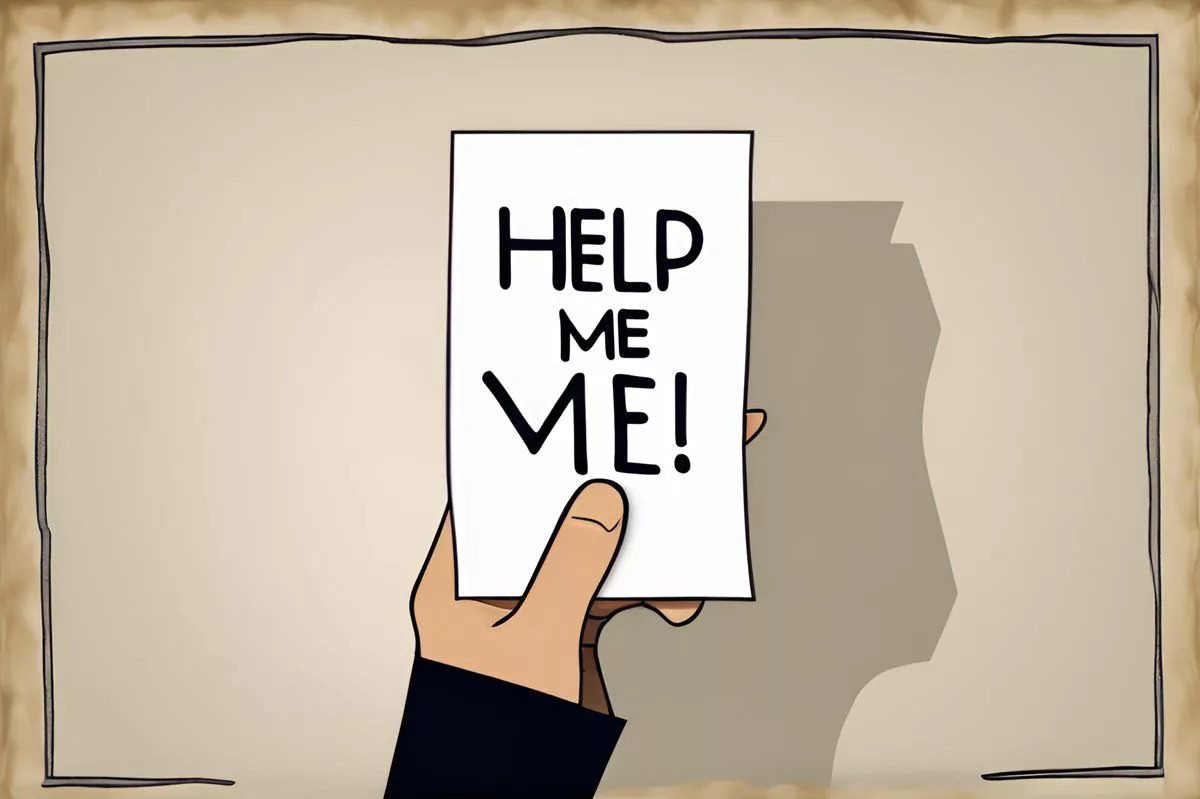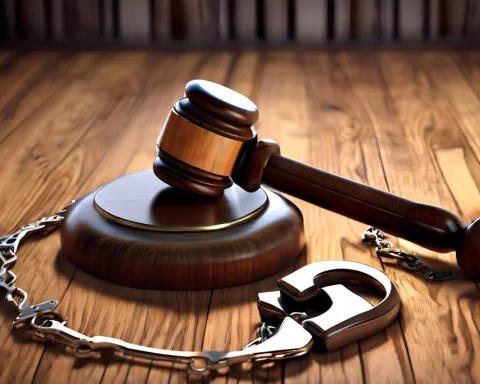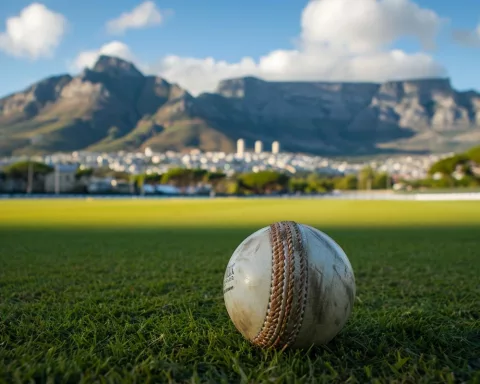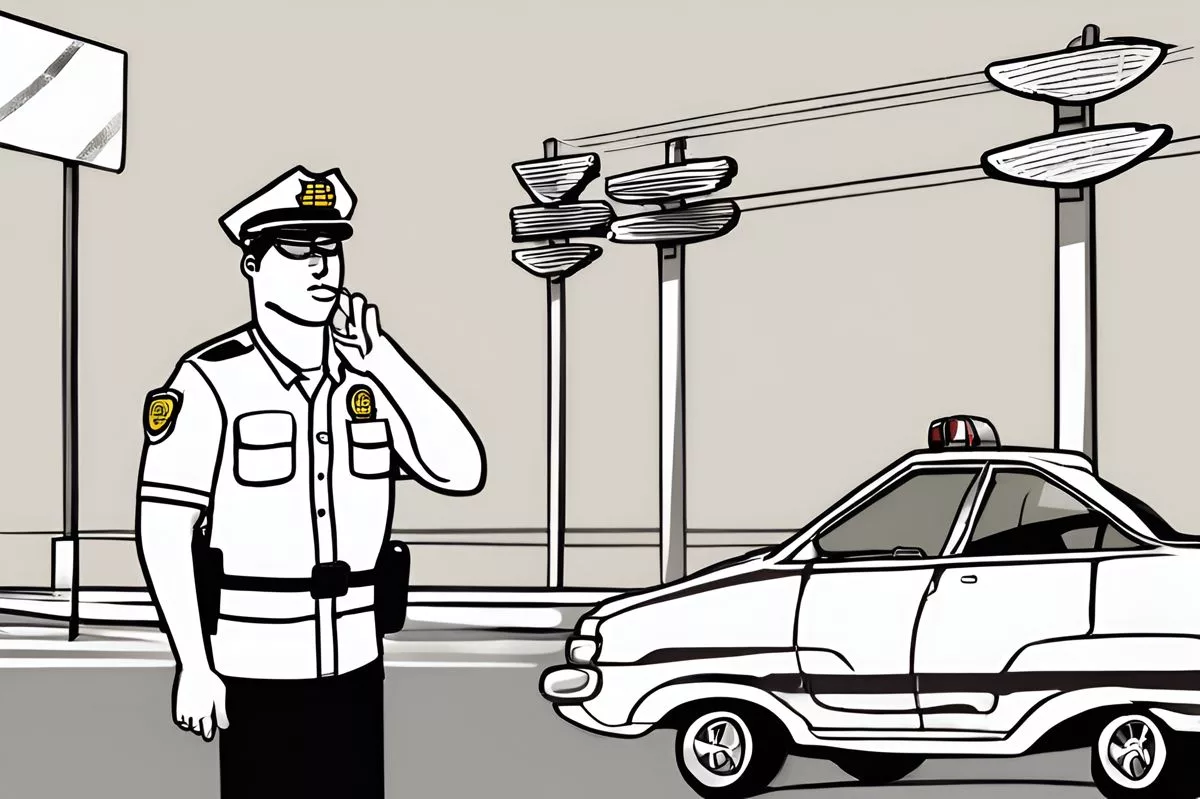The Gupta brothers , Ajay and Anil, have been denied bail in India due to their alleged involvement in the suicide of builder Satyendra Singh Sahni, who left behind a note citing relentless threats and pressure from the Guptas. The brothers were arrested on May 24 and had their bail application turned down despite pleading health issues and promising to cooperate with the investigation. South Africa is also making efforts to extradite Atul and Rajesh Gupta from the UAE. This case highlights the power dynamics in the business world and the need for institutional safeguards to protect vulnerable individuals.
Tragic Suicide Case Shakes Up India: Gupta Brothers Denied Bail. In an unforeseen turn of events, the notorious Gupta brothers, Ajay and Anil, have recently been denied bail in India due to their alleged role in a suicide case. This tragic event revolves around Satyendra Singh Sahni, a renowned builder who ended his own life by jumping from the eighth floor of the Pacific Golf complex located on Sahasradhara Road.
Section 1: The Unexpected Turn of Events
In an unforeseen turn of events, the notorious Gupta brothers, Ajay and Anil, have recently been denied bail in India due to their alleged role in a suicide case. This tragic event revolves around Satyendra Singh Sahni, a renowned builder who ended his own life by jumping from the eighth floor of the Pacific Golf complex located on Sahasradhara Road.
The Gupta brothers had their bail application turned down by the district court despite pleading health issues and promising to cooperate with the ongoing investigation. The Indian authorities arrested the brothers on May 24, alleging their direct role in the heart-wrenching demise of the builder.
Section 2: The Tragic Victim’s Background
Satyendra Singh Sahni, who originated from Dehradun – a city not far from the Gupta brothers’ hometown, Saharanpur, left behind a suicide note addressed to Indian Prime Minister Narendra Modi. In his note, he asserted that he ended his life due to relentless threats and pressuring from the Gupta family which pushed him over the edge.
In his moving suicide letter, Sahni suggested that the Gupta brothers had been pressurizing him over financial matters related to a joint project. He opened up about the persistent bullying, threats, and the mental torment he had been subjected to by the brothers.
Section 3: Family Allegations and Legal Proceedings
Intriguingly, back in 2023, Ranvir Sahni, Satyendra’s son, filed a complaint against the Gupta brothers. He stated that his father was under extreme stress due to a fabricated case lodged by the Guptas in Saharanpur. Ranvir accused the Guptas of demanding his father to hand over the ownership of his two construction companies to them, threatening him and his son-in-law with jail time for non-compliance.
Ranvir chillingly stated, “They swore to create conditions compelling enough for him to commit suicide. Tragically, this happened on Friday morning.” The Gupta brothers were taken into custody from their home in Dehradun’s Dalawala area. However, the date of their court appearance hasn’t yet been disclosed. The Department of Justice and Correctional Services is reportedly in contact with Indian officials for possible engagement.
Section 4: International Implications and South African Extradition Efforts
Meanwhile, South Africa is making continual efforts to extradite the other Gupta brothers, Atul and Rajesh, from the United Arab Emirates. Their extradition has been pending since April, with the National Prosecuting Authority (NPA) citing multiple obstacles in their repatriation to South Africa.
This case brings to light the power dynamics prevalent in the business world and the devastating impact they can have on individuals. It also underscores the pressing need for institutional safeguards to shield vulnerable individuals from predatory practices. This case is a representation of a broader socio-economic issue that goes beyond borders and nationalities.
1. Why were the Gupta brothers denied bail?
The Gupta brothers, Ajay and Anil, were denied bail due to their alleged involvement in the suicide of builder Satyendra Singh Sahni. The court turned down their bail application despite their pleading health issues and promising to cooperate with the ongoing investigation.
2. Who was Satyendra Singh Sahni?
Satyendra Singh Sahni was a renowned builder from Dehradun who committed suicide by jumping from the eighth floor of the Pacific Golf complex located on Sahasradhara Road. In his suicide note addressed to Indian Prime Minister Narendra Modi, he asserted that he ended his life due to relentless threats and pressuring from the Gupta family which pushed him over the edge.
3. What are the family allegations and legal proceedings in this case?
Ranvir Sahni, Satyendra’s son, filed a complaint against the Gupta brothers back in 2023. He accused the Guptas of demanding his father to hand over the ownership of his two construction companies to them, threatening him and his son-in-law with jail time for non-compliance. The Gupta brothers were taken into custody from their home in Dehradun’s Dalawala area. However, the date of their court appearance hasn’t yet been disclosed.
4. What are the international implications of this case?
South Africa is making continual efforts to extradite the other Gupta brothers, Atul and Rajesh, from the United Arab Emirates. Their extradition has been pending since April, with the National Prosecuting Authority (NPA) citing multiple obstacles in their repatriation to South Africa. This case highlights the pressing need for institutional safeguards to shield vulnerable individuals from predatory practices in the business world.
5. What is the broader socio-economic issue represented by this case?
This case is a representation of a broader socio-economic issue that goes beyond borders and nationalities. It brings to light the power dynamics prevalent in the business world and the devastating impact they can have on individuals who are vulnerable to predatory practices.
6. What is the importance of institutional safeguards in cases like this?
The tragic suicide case involving the Gupta brothers highlights the need for institutional safeguards to protect vulnerable individuals from being subjected to predatory practices in the business world. Such safeguards can ensure that businesses are held accountable for their actions and that individuals are protected from harm.












